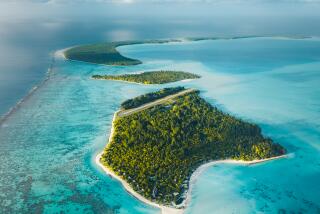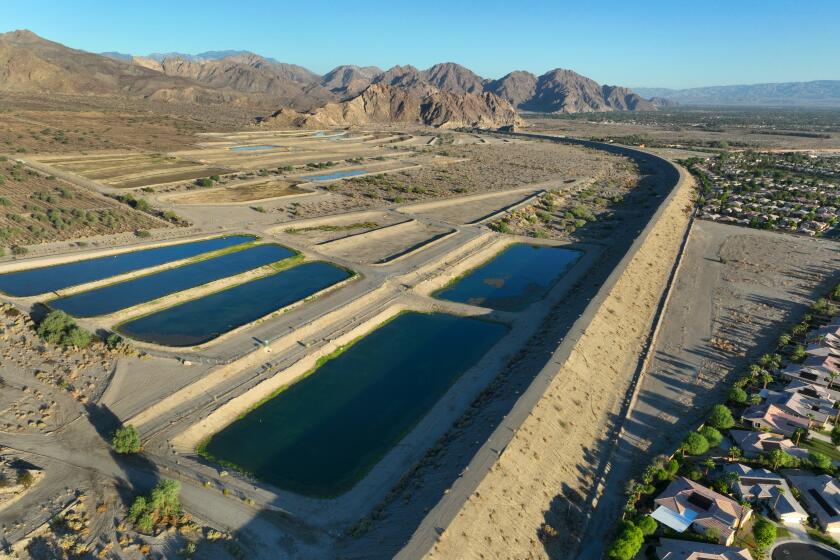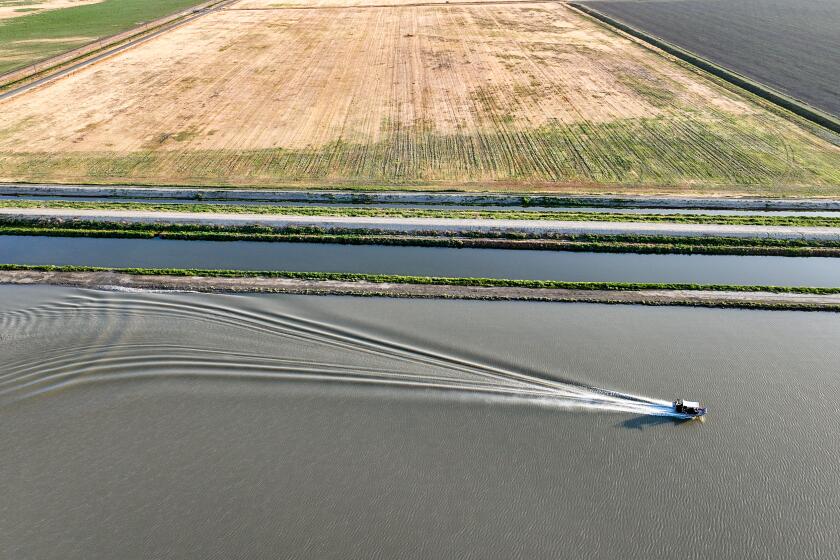Monaco’s Prince Albert II: Oceans are a ‘family heritage,’ with little time to save them
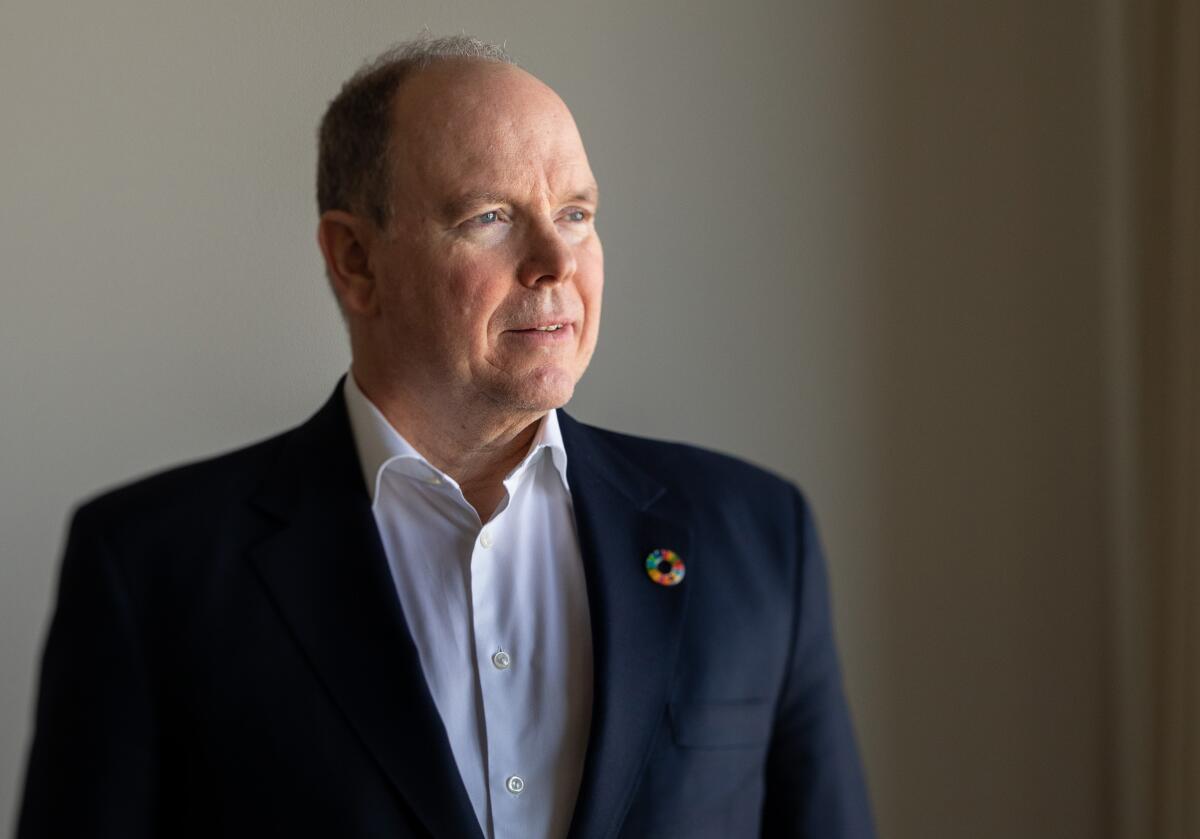
When you think of Monaco, it’s hard not to envision opulent resorts, Formula 1 racing, classic cars, luxury casinos, and harbors lined with private yachts, against the glitzy backdrop of the French Riviera.
Yet Monaco’s attachment to oceans extends far beyond its scenery. Despite being smaller than New York’s Central Park, the principality is home to one of the first marine protected areas in the world, a century-old oceanography museum, and the only United Nations marine laboratory.
And for the past decade and a half, the country with the world’s shortest coastline has had an outsized voice in the international community on environmental protections and climate action.
As head of state, Prince Albert II of Monaco, son of Prince Rainier III and Hollywood actress Grace Kelly, has made ocean research and conservation a priority through his government and his private foundation, the Prince Albert II of Monaco Foundation. Since 2006, the foundation has supported some 530 projects around the world, at a cost of 62 million euros ($68 million), to address climate change, biodiversity and the protection of endangered species, and water resource management.
The Foundation also leverages Monaco’s legacy of Hollywood glamour to hold an annual fundraising gala and auctions to support its ocean initiatives. The gala dovetails with the yearly Monaco Yacht Show, which has been carbon neutral for the past decade, the prince said.
Prince Albert sat down with the Los Angeles Times to talk about his foundation and why he puts such an emphasis on ocean conservation and sustainability. This interview has been edited for length and clarity.
You met youth climate activist Greta Thunberg at the World Economic Forum in Davos, Switzerland, this January. What is your message for certain world leaders who tell young people calling for urgent climate action to be patient, get an education first, and let the adults handle it in their own time?
It’s wonderful that the next generation has gotten involved and can stand up to voice their concerns and their ideas. We have to stand by their side and show that we have the same determination. We’re all in this together. We all want to do the right thing together.
Of course, it was the responsibility of the older generations, of which I am a member, and we have to recognize that we went down the wrong path. But knowing what we know now, we all have to act together, and act very quickly, because the window is closing in on us. Time is running out if we want our next generations and the generations after that to continue living on this beautiful planet.
What do you think is the responsibility of the wealthy in combating climate change?
It’s everybody’s responsibility. This fight for planet should be everybody’s concern, not just the wealthy. Everybody at their own level and at their own means can be effective and can play a role, from the way we feed ourselves, to the way we use personal and public transportation, to being more conscious about recycling. All these things don’t seem like much. But if millions or billions of people do them, then it will have a positive impact.
What inspired you to start a foundation that focuses on climate change and its impacts to oceans?
I took a trip to the Arctic region in 2005 to reenact the last scientific campaign of my great-great-grandfather Prince Albert I, who traveled around Svalbard, around Spitsbergen, in 1906. [Spitsbergen is the largest island of the Norwegian archipelago of Svalbard.] Pictures taken by my great-great-grandfather, and from scientific accounts, showed that things were rapidly changing in the Arctic region. There’s one picture of a bay in the northern part of Spitsbergen called Lilliehöökbreen glacier. The glacier had retreated some 6 kilometers in a century. That’s a pretty dramatic and visible impact. So I thought to myself, it’s time that I put the wheels in motion and got this foundation off the ground. In June of 2006, I launched the foundation.
Why are oceans a particular focus of your foundation?
Oceans are a family heritage, because of my great-great-grandfather, but also my father, who spearheaded different initiatives to better protect the Mediterranean. He was very instrumental in setting up the Pelagos Marine Sanctuary, which is a sanctuary for marine mammals between Italy, France and Monaco. Also, by talking to scientists, I was able to understand the importance of oceans not only for climate, but for the incredible services that marine ecosystems provide. The simple fact that half of the oxygen that we breathe is produced by the oceans should be reason enough to mobilize around the issue of better protecting our oceans.
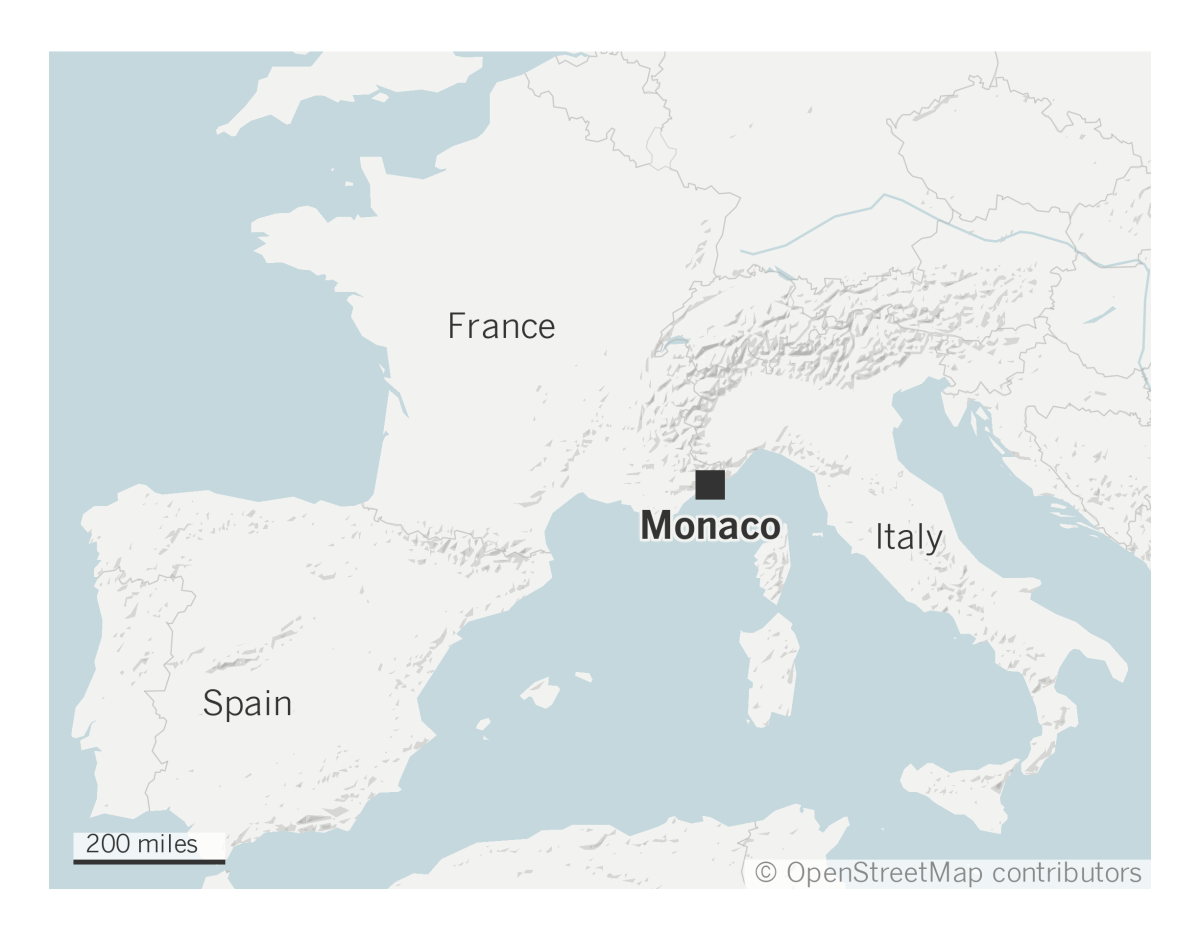
In 2015, you called for the Intergovernmental Panel on Climate Change to put together a special report on climate change impacts to oceans and land and sea ice. The resulting report paints a grim picture. Oceans have absorbed more than 90% of the excess heat and become warmer, more acidic, and more oxygen-depleted, affecting marine species. The global sea level, which rose about 6 inches in the last century, is now rising more than twice as fast and could rise as much as 3.5 feet if greenhouse gases continue to increase. How will these findings shape the foundation’s initiatives?
Through an initiative called Because the Ocean, of which my foundation is a founding member together with the Chilean government, we published a response to the IPCC report highlighting solutions that should be implemented by states to mitigate the impacts of global warming on the ocean and to foster ocean resilience.
I’ll give you a few ways: Encourage carbon sequestration by coastal ecosystems like mangroves and other such areas; develop and support ecosystems; develop a series of sustainable and ocean-based solutions as far as renewables are concerned; promote the adaptation and resilience for vulnerable populations, and apply what is known as hybrid solutions to support adaptation and mitigation of fisheries and aquaculture.
These measures don’t require extremely sophisticated or costly solutions. You just need to have the right policies to implement them.
Monaco set early goals in 2009 to shrink its carbon footprint and reduce greenhouse gas emissions by 80% by 2050, effectively becoming carbon neutral compared to its 1990 baseline. Where is Monaco in terms of meeting these goals?
We’re on track. We still have to make a big push in the construction of new buildings and new infrastructure, but there’ll be no more fuel heating systems in two years’ time. We use heat pumps in about 20% of our buildings. And we’re moving more and more toward renewables. We have a solar plan for retrofitting different rooftops. And we’ve been engaged in clean mobility for quite some time by improving public transportation and creating incentives for people to purchase hybrid electric vehicles.
About 5% of our total vehicle fleet that is now electric. I think those are pretty good results, but we have to keep going.
Climate change is a global problem that requires a global solution. How can Monaco use its place in the world to convince other world leaders to act with more urgency?
By proving that a small country like us can have ambitious goals, such as the reduction of greenhouse gases. I’m confident that we are going to meet our goals in time. Of course, you’re going to say it’s easier to do so on a smaller scale. And it’s easier to do so when you don’t have very polluting industries and you don’t have big, heavy industrial complexes. But if we don’t play our part, others won’t be enticed to play their part.
The example should come from larger countries. It’s a question of political will and having the right policies to implement the solutions. I wish that all countries — large or small, and especially those that have the responsibility, that are the biggest polluters or have the biggest impact on greenhouse gas emissions — realize that. I think China has realized this. They have pretty ambitious plans and they committed a lot of funds for the improvement of their air quality and their water quality, and lessening emissions. I’m just sorry that the United States has pulled out of the Paris agreement. It’s not completely finalized yet, but I hope that there will be a reversal.
